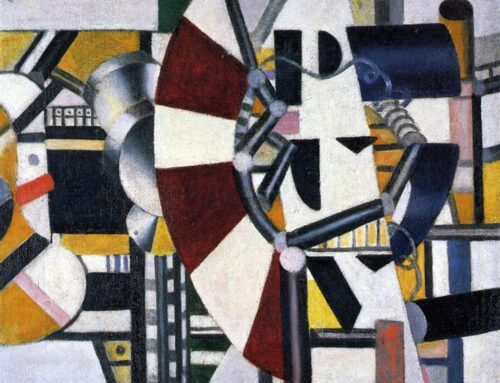On math and the Muses: choosing peace through cultivating higher harmony.
“The document, he said, ordered the celebration of a contest in honour of the Muses; the characters had the forms of the script current in the time of King Proteus, which Heracles, the son of Amphitryon, had learned; and the god was using the inscription to instruct and urge the Greeks to live in the enjoyment of leisure and peace by always taking philosophy as their field of contention, laying their arms aside and settling their disputes about right and wrong by an appeal to the Muses and discussion. As for ourselves, we felt at the time that Chonuphis was right; we felt so yet more when our return from Egypt a party of Delians met us in Caria and requested Plato, as a geometer, to solve a problem set them by the god in a strange oracle. The oracle was to this effect: the present troubles of the Delians and the rest of the Greeks would be at an end when they had doubled the altar at Delos. As they not only were unable to penetrate its meaning, but failed absurdly in constructing the altar (for upon doubling all four sides they discovered to their surprise that in their ignorance of the progression from which the linear double is obtained they had produced by this increase a solid eight times as large, they called on Plato for help in their difficulty. Plato, recalling the Egyptian, replied that the god was rallying the Greeks for their neglect of education, deriding, as it were, our ignorance and bidding us engage in no perfunctory study of geometry; for no ordinary or near-sighted intelligence, but one well versed in the subject, was required to find two mean proportionals, that being the only way in which a body cubical in shape can be doubled with a similar increment in all dimensions. This would be done for them by Eudoxus of Cnidus or Helicon of Cyzicus; they were not, however, to suppose that it was this the god desired, but rather that he was ordering the entire Greek nation to give up war and its miseries and cultivate the Muses, and by calming their passions through the practice of discussion and learning, so to live with one that their intercourse should be not injurious, but profitable.“
Plutarch, On the divine sign of Socrates, 579, trans. slightly revised






Leave A Comment